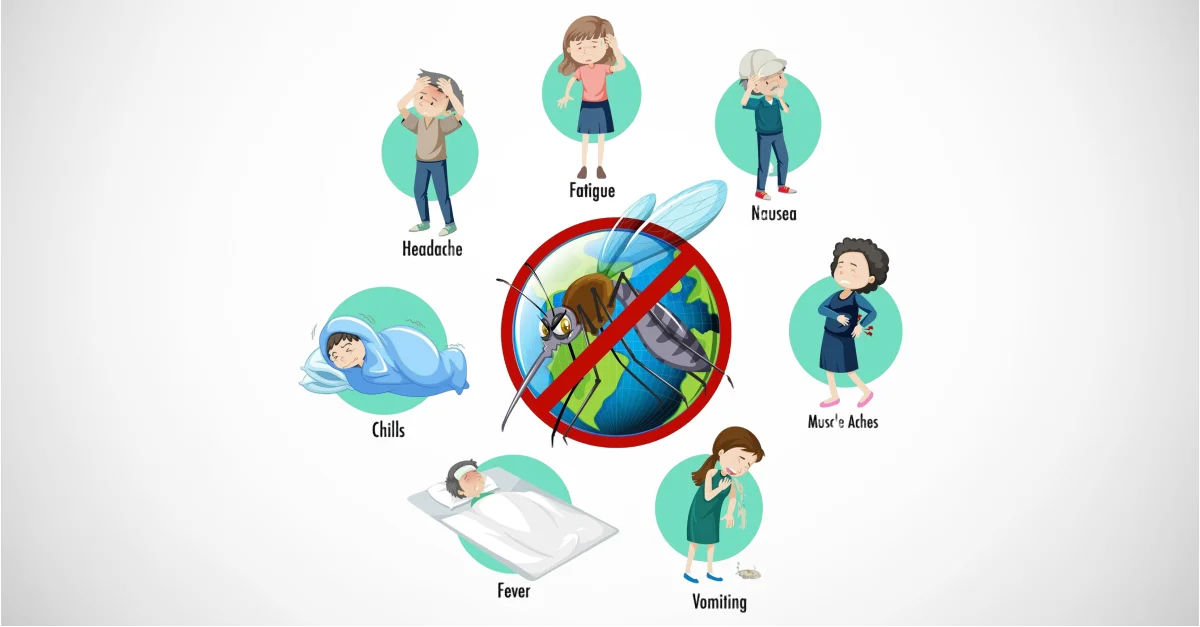Post surgical infections are a common complication that can occur after surgery, leading to prolonged hospital stays, increased healthcare costs, and potential health risks for patients. Infections can happen at the surgical site or internally, affecting various parts of the body. While surgery is often a life-saving intervention, understanding how to prevent and manage post-surgical infections is crucial to ensuring a smooth recovery process. In this blog, we will explore the causes of post-surgical infections, the signs to watch for, and most importantly, provide essential tips for preventing and managing these infections.
What Are Post Surgical Infections?
Post surgical infections occur when bacteria or other harmful microorganisms enter the body during or after surgery, leading to an infection at the surgical site or within the body. These infections can range from mild to severe, depending on factors such as the type of surgery, the patient’s health condition, and the care provided during the healing process. Common types of post surgical infections include superficial surgical site infections (SSIs), deep surgical site infections, and internal infections affecting organs or other areas of the body.
Causes of Post Surgical Infections
Several factors can contribute to the development of post surgical infections:
- Contamination During Surgery: Surgical instruments or the surgical area may be contaminated with bacteria or other pathogens, leading to infection.
- Weak Immune System: Patients with compromised immune systems due to conditions like diabetes, cancer, or autoimmune diseases are more susceptible to infections.
- Inadequate Wound Care: If the wound is not properly cared for after surgery, it may become infected. Poor hygiene, insufficient cleaning, or improper dressing changes can allow bacteria to enter the wound.
- Obesity: Overweight or obese patients are at a higher risk of developing post-surgical infections due to impaired circulation and the increased strain on the body’s immune response.
- Prolonged Surgery Time: Long surgeries increase the risk of infection due to prolonged exposure to the environment and the increased chance of contamination.
- Smoking: Smoking reduces blood flow to the skin and tissues, slowing down the healing process and increasing the risk of infections.
Signs of Post Surgical Infections
It’s important to recognize the early signs of post-surgical infections so that timely treatment can be initiated. Common signs include:
- Redness or swelling at the surgical site
- Increased pain or tenderness around the wound
- Fever or chills
- Pus or drainage from the wound
- Warmth around the surgical area
- Unpleasant odor from the wound
- Fatigue or malaise
If you notice any of these symptoms, it is crucial to contact your healthcare provider immediately to prevent further complications.
Tips for Preventing Post Surgical Infections
While some risk factors are unavoidable, there are several steps patients and healthcare providers can take to reduce the likelihood of post surgical infections. Here are some essential tips:
- Choose a Clean and Accredited Surgical Facility: The quality of the hospital or surgical center plays a significant role in reducing the risk of post-surgical infections. Make sure your procedure is performed in a sterile and well-equipped facility with appropriate infection control measures in place. Always confirm that the hospital follows all necessary infection control protocols.
- Follow Pre-Surgical Guidelines: Prior to surgery, your surgeon or healthcare provider will likely advise you to follow specific guidelines. This may include fasting, showering with antimicrobial soap, or using antibiotics before surgery to reduce the risk of infection. It’s crucial to follow these instructions meticulously.
- Quit Smoking Before Surgery: If you smoke, quitting at least 4-6 weeks before surgery can significantly reduce the risk of post-surgical infections. Smoking impairs the body’s ability to heal and fight infections. Speak with your doctor about resources to help you quit before your surgery.
- Maintain Proper Hygiene: Good hygiene before and after surgery is essential. This includes cleaning your surgical site and keeping the surrounding area free from bacteria. Your healthcare provider will provide specific instructions on how to care for your wound. Always wash your hands thoroughly before touching your wound, changing dressings, or applying ointments.
- Follow Wound Care Instructions Carefully: After surgery, following the prescribed wound care regimen is critical. This involves cleaning the wound regularly, changing dressings as directed, and using prescribed antibiotics or ointments. Never remove a dressing prematurely unless instructed by your doctor.
- Monitor Your Wound for Signs of Infection: Keep a close eye on your surgical site and look out for any signs of infection. If you notice any abnormal changes such as increased redness, swelling, or drainage, contact your healthcare provider immediately.
- Maintain a Healthy Diet: Good nutrition is crucial for wound healing. A diet rich in vitamins, minerals, and protein can help the body fight infection and speed up recovery. Focus on eating nutrient-dense foods like fruits, vegetables, lean proteins, and whole grains.
- Stay Hydrated: Drinking plenty of fluids helps to keep your body hydrated, which aids the healing process. Hydration also supports your immune system, helping it to better fight infections.
- Limit Physical Activity During Recovery: Rest is vital for recovery, and excessive physical activity can interfere with the healing process and increase the risk of infection. Follow your doctor’s advice on when to resume normal activities and avoid strain on your surgical site.
- Take Prescribed Medications: If your doctor prescribes antibiotics or pain relievers after surgery, make sure to take them exactly as directed. This helps reduce the risk of infection and ensures that you recover without unnecessary complications.
Treatment for Post Surgical Infections
If a post surgical infection occurs, prompt treatment is essential to avoid further complications. Treatment may include:
- Antibiotics: Oral or intravenous antibiotics are commonly prescribed to treat bacterial infections.
- Drainage: If an abscess or fluid buildup forms at the surgical site, it may need to be drained by your healthcare provider.
- Wound Cleaning: The wound may need to be cleaned and dressed again to remove any infectious material.
- Surgery: In some cases, additional surgical procedures may be needed to remove infected tissue.
Conclusion
Post surgical infections are a significant concern for anyone undergoing surgery, but they can be prevented with careful planning, proper hygiene, and prompt attention to any signs of infection. Following the tips outlined above can help reduce the risk and ensure a smooth recovery. Always stay in close communication with your healthcare provider and seek medical attention if you suspect an infection after surgery. By taking proactive measures, you can enjoy a healthy and speedy recovery.






